As our planet faces more environmental challenges, we all must do our part to make more eco-friendly choices.
Many everyday items harm the planet, and we can make an impactful change by making more mindful choices.
Let’s look at the top seven eco-unfriendly products you should consider getting rid of in 2023.
1. Plastic straws
Plastic straws are one of the most well-known examples of single use plastics and cause a great deal of plastic waste. In the UK alone, it's estimated that over 4.7 billion straws are used annually.
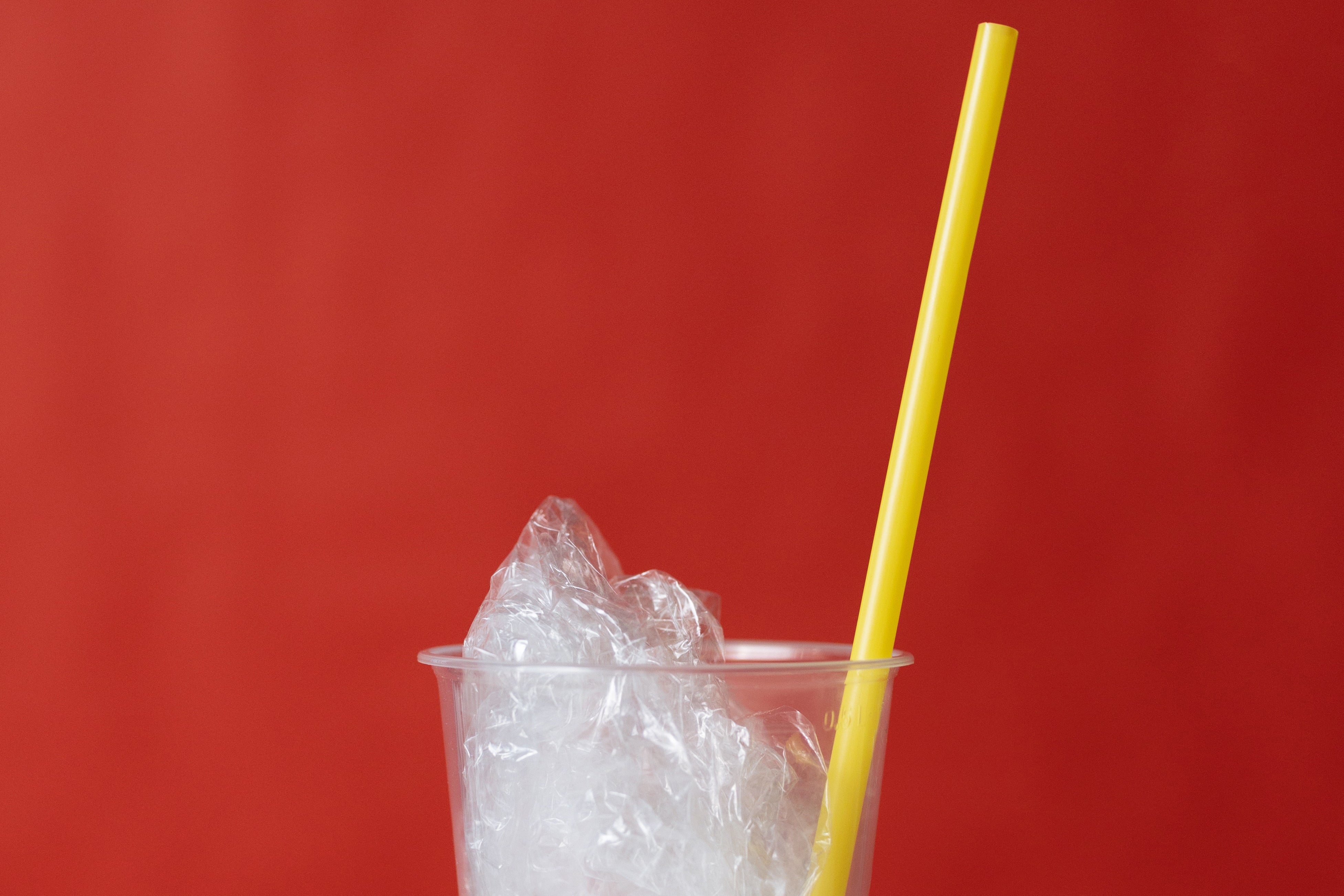
Unfortunately, most of these straws end up in landfills or oceans, where they can take hundreds of years to decompose.
The good news is that there are plenty of eco-friendly alternatives to plastic straws, such as bamboo or metal straws.
2. Plastic water bottles
The global consumption of plastic bottles is growing yearly, yet only a small percentage are recycled.
Over 7.7 billion plastic bottles are used in the UK annually, resulting in significant single-use plastic waste.
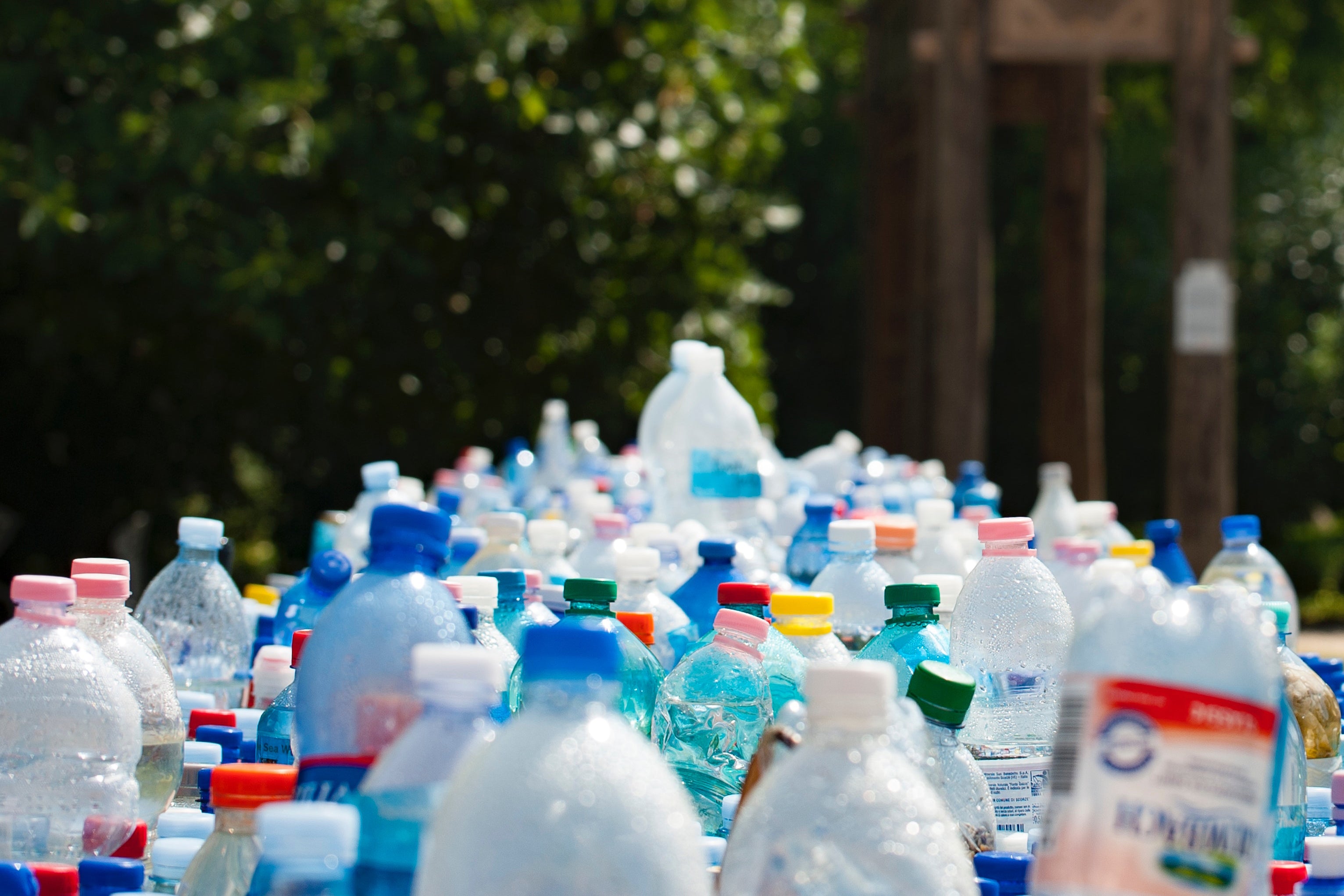
This waste takes up space in landfills and contributes to ocean plastic pollution.
Instead of using single-use plastic water bottles, consider investing in reusable water bottles - ones made from sustainable materials like stainless steel or glass.
3. Wet wipes
Many wet wipes are made from non-biodegradable materials, often containing harmful chemicals that can leach into the soil and water.
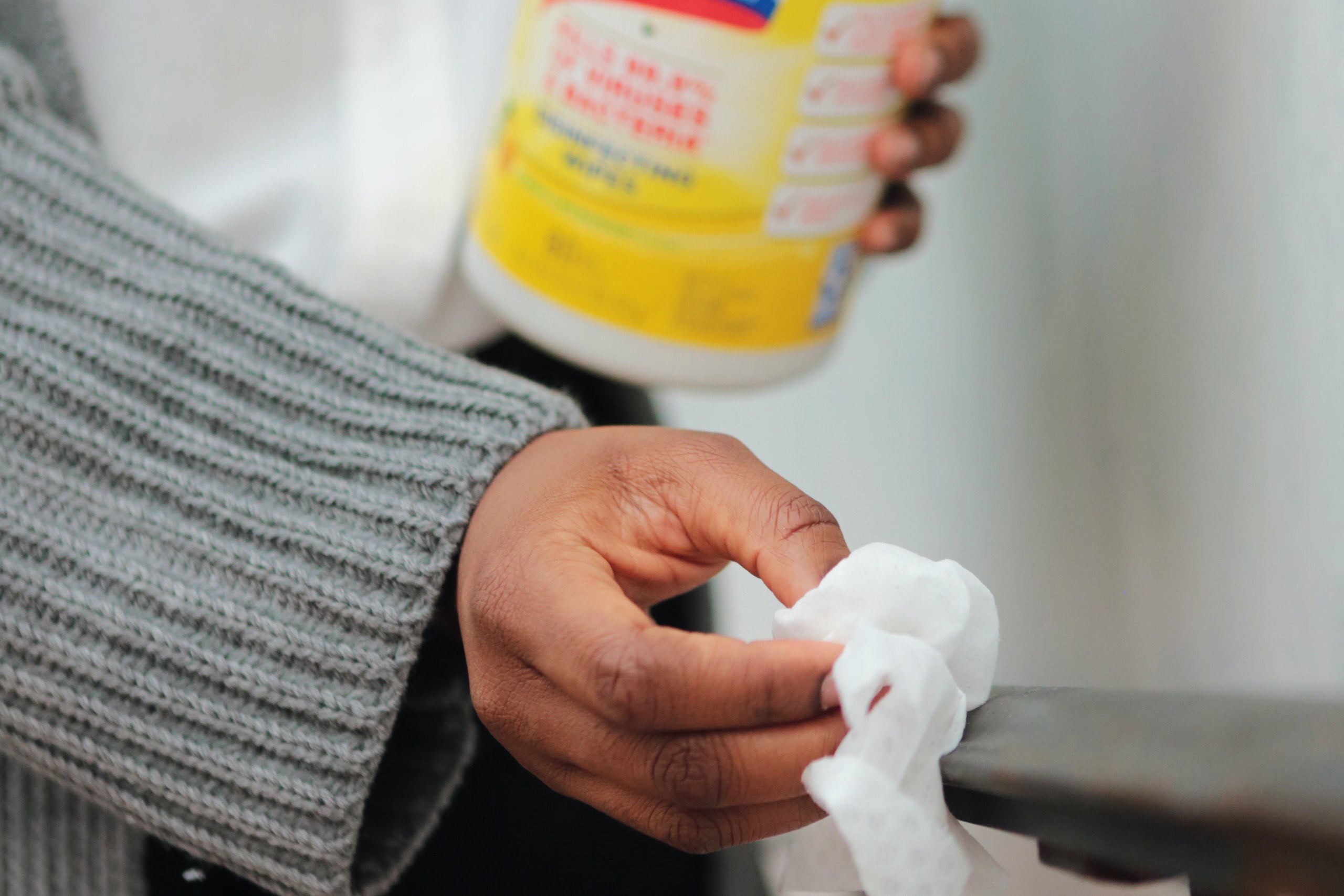
To avoid contributing to this problem, consider using reusable cloth wipes or opting for products made from more sustainable materials.
4. Microfibre bath mats and towels
Although they may be extremely soft when used, microfibre bath mats and towels are not very environmentally friendly.
When washed, these products released thousands of tiny microplastics into our waterways, causing a significant amount of water pollution pollution and causing so much harm to our sea life.
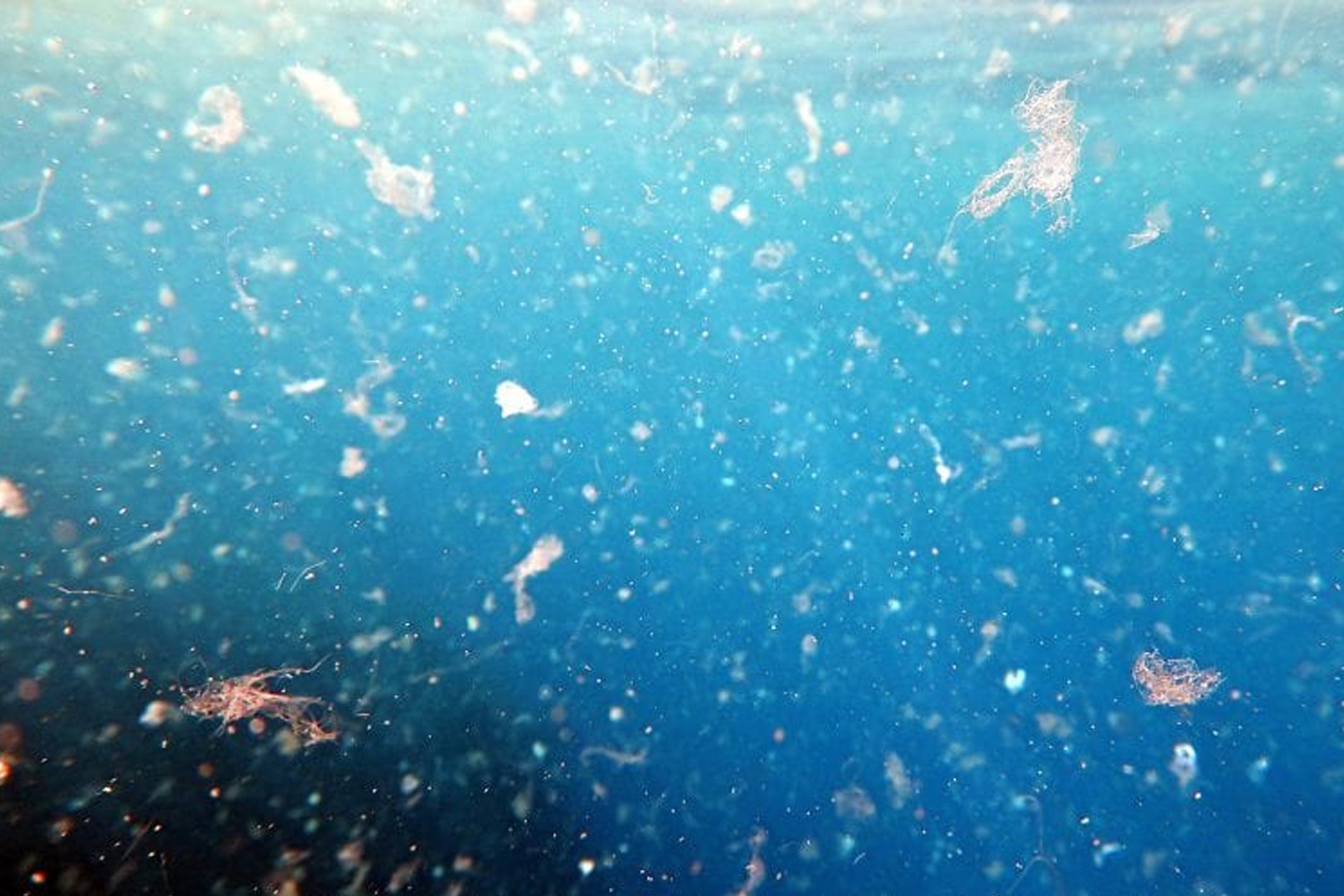
And it is estimated that on average, a single clothes wash can release 700,000 microplastics into the waterways, which will eventually reach the oceans.
Consider choosing bamboo bath towels and mats, as these won't need to be washed as frequently. Or, an innovative Diatomite Bath Mat that doesn't need to be machine washed at all!
5. Disposable nappies
Disposable nappies are used globally by thousands of families. However, they take hundreds of years to decompose, contributing to landfill waste.
In addition, their production requires significant resources, such as wood pulp, petroleum, and water.
Cloth diapers are an eco-friendly alternative, as they can be washed and reused multiple times, saving money and reducing waste over time.
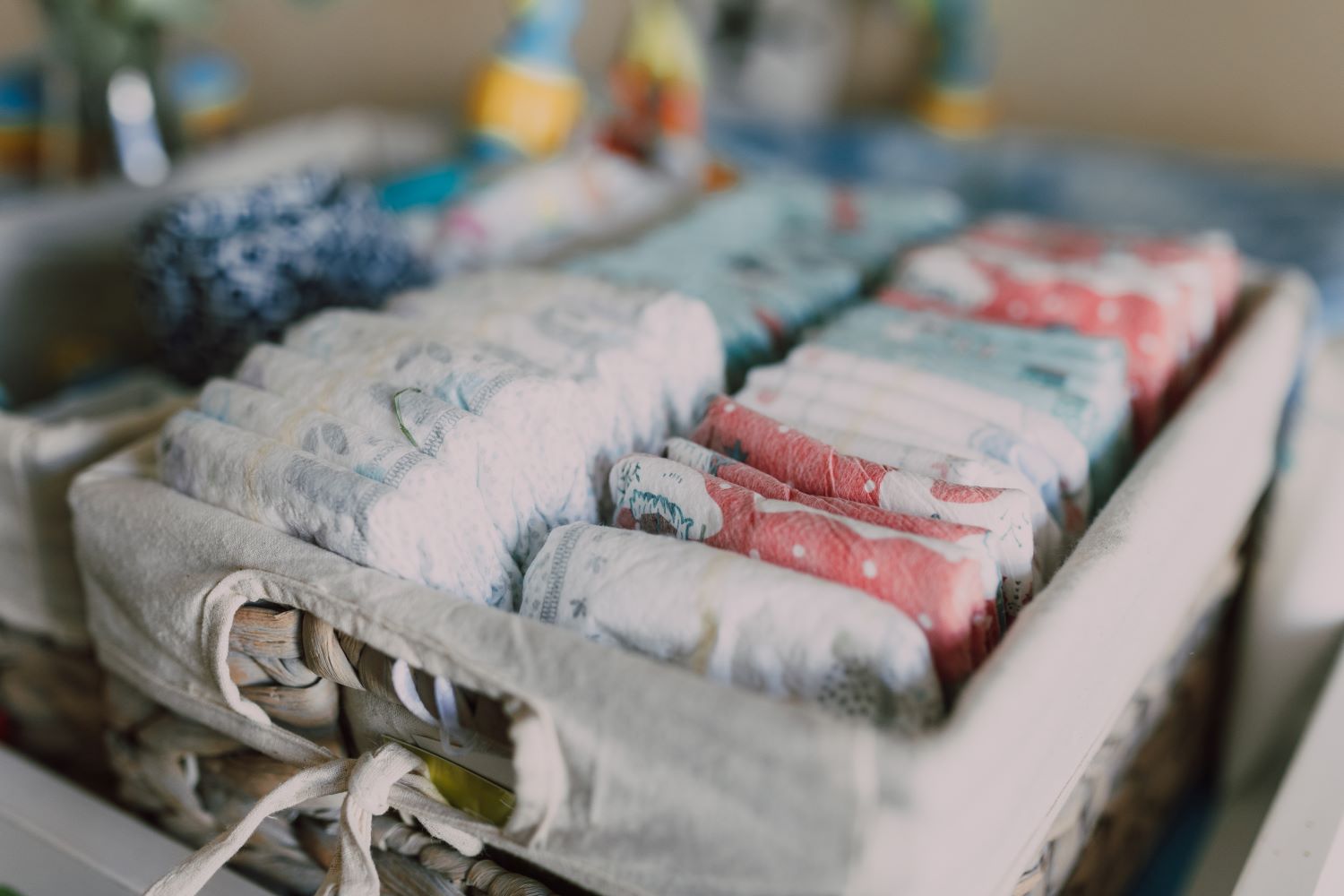
Plus, there are now biodegradable options available on the market.
These are made from plant-based materials and break down faster. While they are more expensive, they are a sustainable option for those who prefer the convenience of disposable nappies.
6. Non-recyclable packaging
Many household products are packaged in materials that cannot be recycled, resulting in environmental and packaging waste.
This is particularly problematic for products used frequently or in large quantities, such as food, personal care items, and household cleaning products.
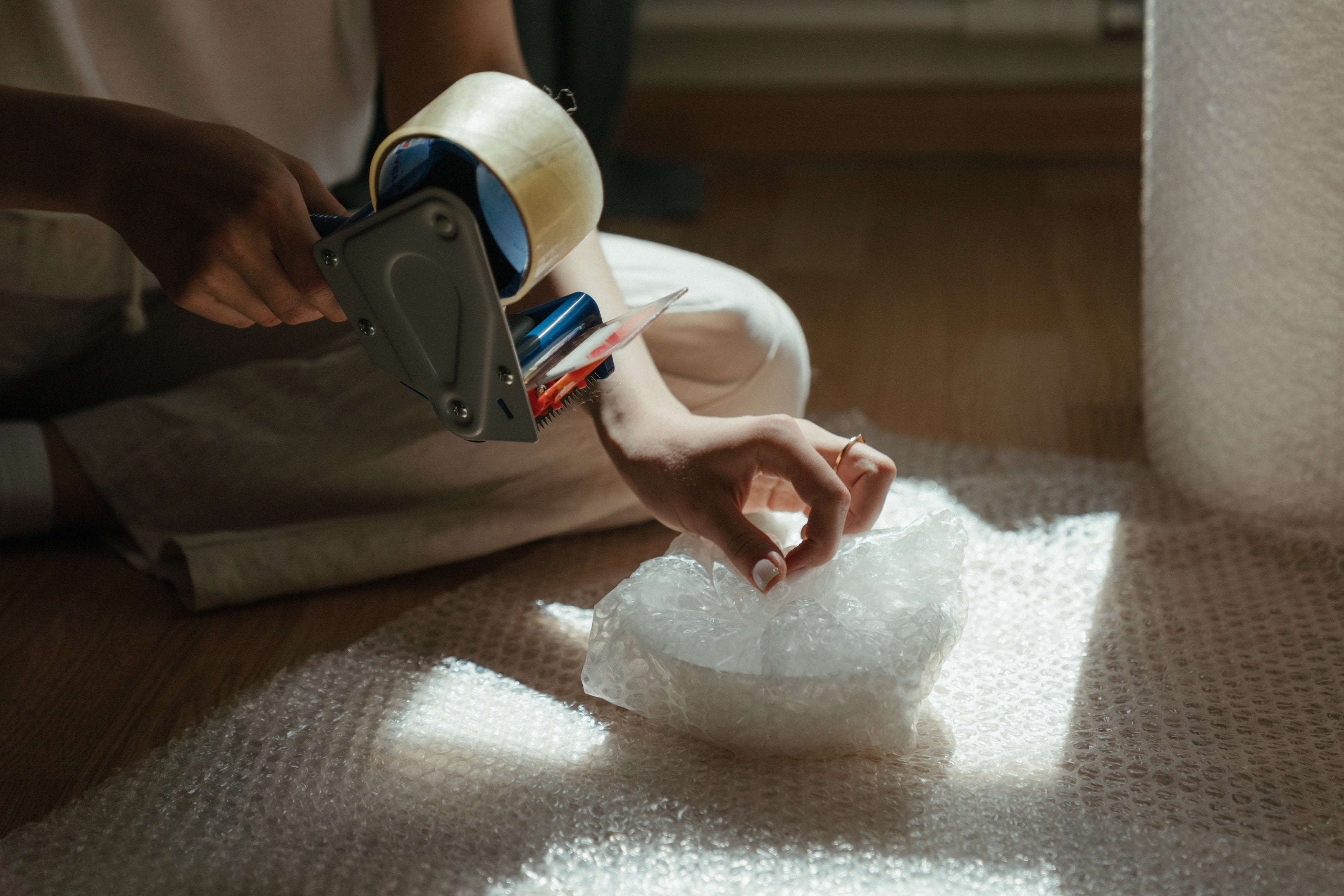
To reduce the environmental impact of these types of plastic packaging, you can opt for products packaged in recyclable or reusable materials, such as glass or metal reusable containers.
Look for products sold by sustainable brands that come in bulk, and ensure to properly dispose of single use packaging by discarding it in the right place.
7. Single use coffee cups
You may think using a single use coffee cup is just the norm, but they are another major source of waste.
Coffee drinkers in the UK use over 2.5 billion cups each year, and this number is set to grow indefinitely.

Consider bringing your reusable coffee cup or investing in one made from sustainable materials like bamboo or stainless steel.
Looking towards a more sustainable future
There are plenty of everyday products that harm our planet.
From reducing our use of single use plastics to using sustainable towels and stone bath mats for bathroom, we can do our part to make more eco-friendly choices.
Making small changes in our everyday lives can help protect the planet and create a more sustainable future.
So why not start by getting rid of these and opting for more eco friendly products?

